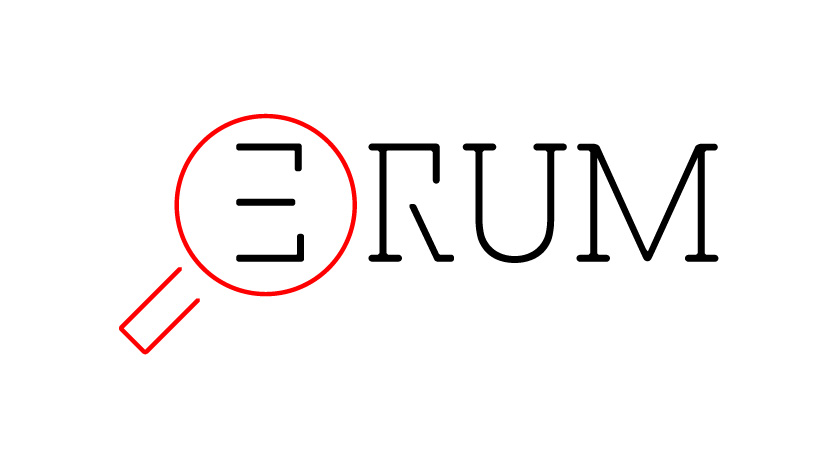The European Commission is currently working to implement a comprehensive set of actions to tackle the spread and impact of online mis- and disinformation in Europe. These initiatives have particularly increased in the framework of the Covid-19 pandemic, which has led to massive disinformation campaigns. This raises the broader question of disinformation and misinformation in the field of science. Public understanding of scientific key issues is indeed often limited and misinformation or even deliberate disinformation about the latter increasingly proliferate. Indeed, consensus on scientific issues such as climate change or vaccines is increasingly contested. But what leads the public to believe such false information?
In this framework, the European Parliament recently published a report on science and disinformation, in which it presents and discusses the study of a survey concerning perspectives on fake news among undergraduate university students in Central and Eastern Europe. The survey was carried out in Spring 2020 during the Covid-19 pandemic through an online questionnaire. The report discusses the causes related to social trust and types of media consumption.
The questionnaire consisted of four parts. The first part presented several typical fake news announcements (headlines) from the fields of natural and social sciences. In the second part, verified news announcements were applied as a control. In the third part, the effect of the fake news was tested by measuring the level of agreement or rejection. In the fourth part, psychological, social and demographic data, including social trust, social media usage and general news consumption, were gathered.
The main result of this report was that intentional disinformation is not always the cause of misinformation. Respondents in more or less all countries have shown resistance against falsehood in scientific communication, expressing doubt over false news headlines. However, the content of the individual headline news mattered. The central issue for them was social trust: there is a general unwillingness among the respondents to be trustful in turning towards unfamiliar people. Indeed, the media sphere has evolved into a new phase, where information filtering mechanisms barely exist anymore. In this sense, this study shows that there is a strong need to enhance the public’s level of trust in science: the consumers and producers of social media contents should be trained to use fact-checking mechanisms enabling them to distinguish between true and false information.
The study can be found here: https://www.europarl.europa.eu/stoa/en/document/EPRS_STU(2020)653300

